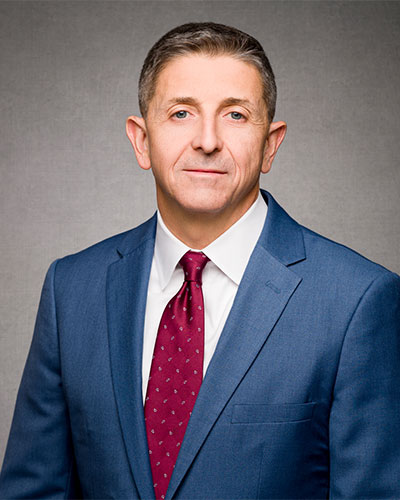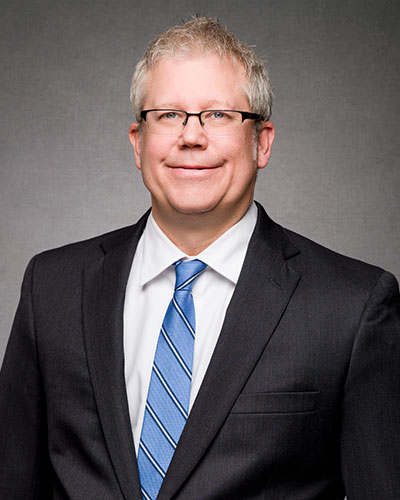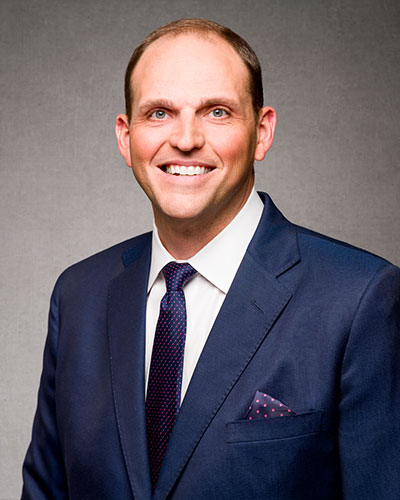Accidents involving large trucks can lead to serious injuries and complicated legal issues, especially when multiple parties are involved. The roads in Georgia see many trucks moving through the state every day. These trucks are a key part of how goods get to stores, factories, and warehouses. But when a truck is involved in an accident, things can become very complicated, especially when more than one person or company might be responsible. In these situations, understanding who is at fault and how liability is established is very important for anyone affected by the accident. At, Princenthal, May & Wilson, LLC , we are here to guide you through the legal process and help you navigate the complexities of your case.
Truck accidents are different from regular car accidents. This is because trucks are bigger, heavier, and often cause more damage when they crash. Additionally, there are usually several parties that could share responsibility in a truck accident. These parties may include the truck driver, the trucking company, the manufacturer of the truck, and sometimes even the government, if road conditions played a role in the crash. Sorting through this web of responsibility requires knowledge and careful investigation.
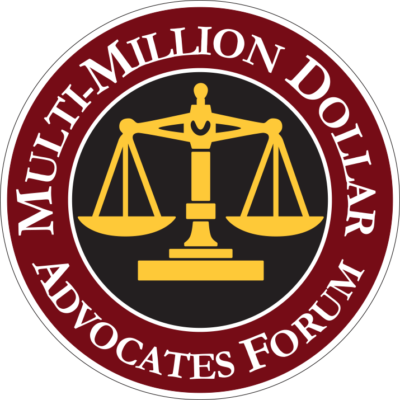
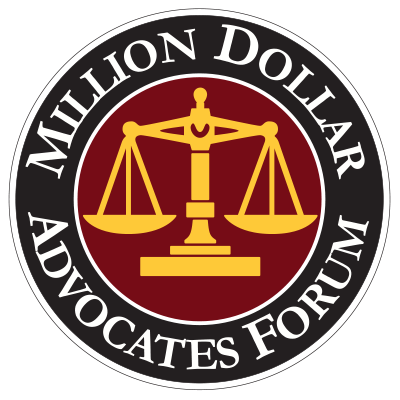

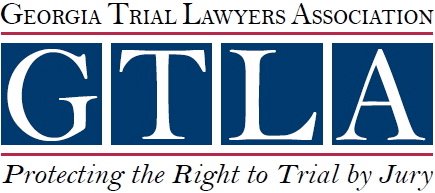
The Role of the Truck Driver in a Georgia Truck Accident
The driver of the truck is often the first person people think of when a truck accident happens. Drivers have a huge responsibility when they are on the road. They must make sure they follow traffic laws, avoid distractions, and stay alert to what is happening around them. Unfortunately, some truck drivers may make mistakes or break the rules, which can lead to accidents. For example, a truck driver may fall asleep at the wheel because they are driving too many hours in a row, or they might be texting while driving, which is very dangerous.
If the truck driver is found to be at fault, they might be held responsible for the damages. This could mean paying for medical bills, car repairs, or other costs that come from the accident. However, the truck driver is not always the only person responsible. There are often other parties who may share in the liability for the crash.
The Trucking Company’s Responsibility in an Accident
In many truck accidents, the trucking company that employs the driver might also be held responsible. Trucking companies are required to follow many rules to make sure their drivers and vehicles are safe. These companies must make sure that their drivers are properly trained, that their trucks are well-maintained, and that they are following all safety regulations. If a trucking company fails to do any of these things, it can be held liable for an accident.
For instance, if a trucking company allows a driver to work more hours than the law allows, the company could be responsible if that driver causes an accident. If a trucking company fails to properly maintain its trucks and an equipment failure causes an accident, the company could also be at fault. Trucking companies are often large businesses with teams of lawyers working to protect them, so if you are involved in an accident, having someone on your side to investigate the trucking company’s role is important.
The Role of the Truck Manufacturer
Sometimes, an accident happens because there is a problem with the truck itself. If a part of the truck, such as the brakes or tires, fails and causes an accident, the company that made that part might be held responsible. For example, if a truck’s brakes fail and the driver is unable to stop in time, causing a crash, the manufacturer of the brakes might be found at fault if it is shown that the brakes were defective. In these cases, the truck driver and the trucking company might not be at fault, and instead, the company that made or sold the faulty part might be held liable.
When an accident involves a defective product, these types of cases can be very complex. It requires proving that the product was defective and that the defect directly caused the accident. These cases often require specialists to look at the truck and its parts to figure out what went wrong.
Other Parties That Might Be Responsible
In addition to the truck driver, trucking company, and manufacturer, there are other parties who could also be responsible for a truck accident. Sometimes, accidents happen because the roads are in bad shape, like when there are potholes or poor signage. In these cases, the government or agency responsible for maintaining the road might share some of the blame. If a bad road condition caused the accident or made it worse, the government might be held liable.
Sometimes, another driver on the road might also share responsibility. For example, if another driver cuts in front of a truck or drives recklessly, they could be held partly responsible for the accident. It’s not uncommon for multiple drivers to contribute to an accident, especially when large trucks are involved, because trucks need more time to stop and maneuver.
How Liability is Established in a Georgia Truck Accident
Determining liability in a truck accident is often a complex process. Because there are usually several parties involved, it takes time to figure out exactly who is responsible. After an accident, a thorough investigation is needed to collect all the evidence. This might include looking at the truck’s black box, which records data about the truck’s speed and braking, talking to witnesses, and reviewing the police report.
One important factor in determining liability is Georgia’s comparative fault law. This law states that if more than one party is responsible for an accident, each party can be held responsible for their portion of the blame. For example, if a truck driver is found to be 70% at fault for an accident, and another driver is found to be 30% at fault, the truck driver and their employer might only have to pay for 70% of the damages. The other driver would be responsible for the remaining 30%.
It’s important to have a legal team that understands these laws and can help you determine who is at fault and how much each party should be held responsible. Trucking companies and their insurance providers will often work hard to avoid paying out large settlements, so having someone on your side is crucial to getting the compensation you deserve.
Hiring a Personal Injury Attorney How Long Will a Personal Injury Case Take?Related Videos
Why Legal Representation is Important in Georgia Truck Accidents
Truck accidents that involve multiple parties are often very complicated. The more people or companies that might be responsible, the more difficult it is to determine who should pay for the damages. Insurance companies often try to avoid paying as much as they can, and without a lawyer, it can be hard to navigate the process on your own. Trucking companies and manufacturers often have strong legal teams working for them, so it’s important to have a team working for you too.
A legal team can help by gathering evidence, interviewing witnesses, and working with accident reconstruction specialists to understand what happened. They can also negotiate with the insurance companies to make sure you receive the compensation you deserve. If your case goes to court, your legal team will represent you in front of a judge and jury, making sure your voice is heard.
Representative Cases
In truck accidents involving multiple parties, it’s especially important to have a lawyer who understands the complexities of these cases. Determining liability is not always straightforward, and without a lawyer, you might end up with less compensation than you are entitled to.
If you or a loved one has been involved in a truck accident in Georgia that involved multiple parties, Princenthal, May & Wilson, LLC is here to help. We understand how complex these cases can be, and we are committed to helping you navigate the legal process. Our team will work tirelessly to investigate your case and fight for the compensation you deserve. Truck accidents can be life-changing, and we are here to support you every step of the way. Contact Princenthal, May & Wilson, LLC today to discuss your case and get the legal help you need.


